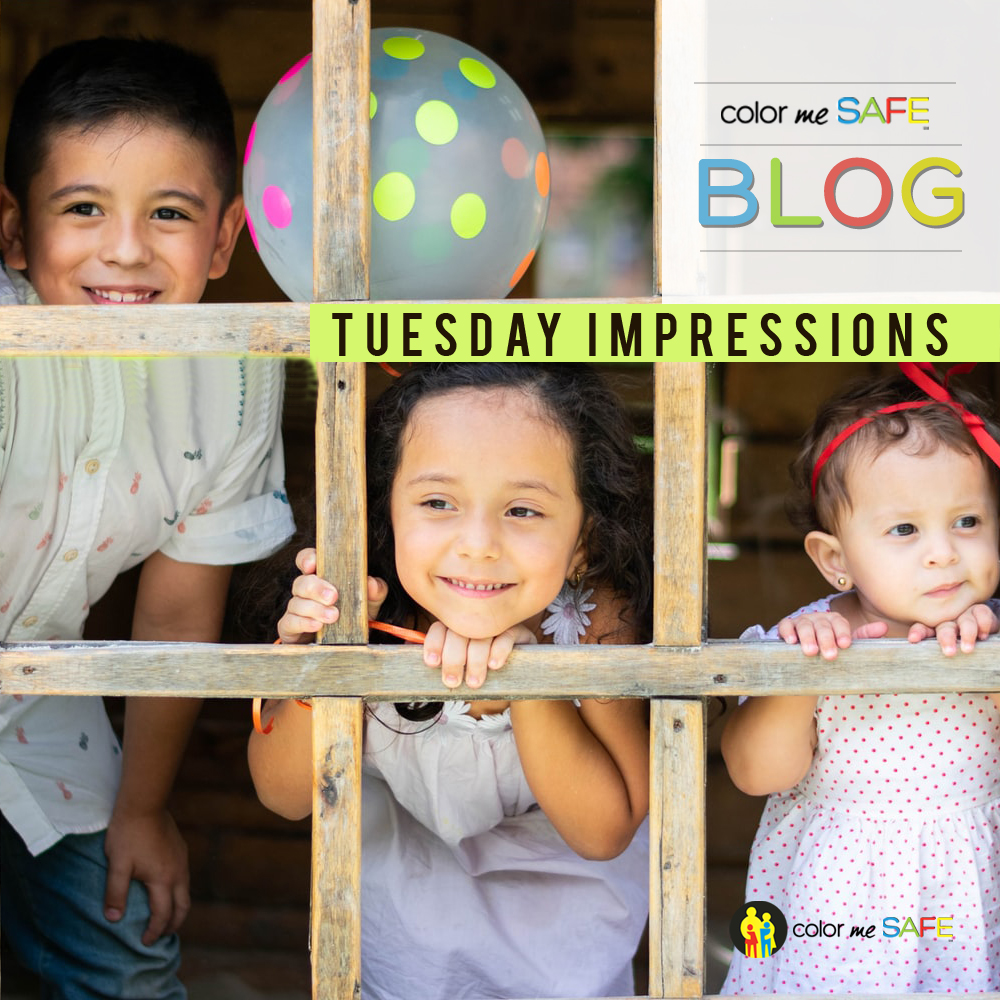In the world today, almost everything is online. From shopping to communicating – no one is really walking around without a smart device accessible to their necessities. The age of which individuals are getting this access to devices is getting younger and younger.
Because of COVID, the transition from standard practices switched quickly to online platforms. The world really had to adjust. Kids who used to do schoolwork at desks with pencils and paper are now used to the fast-paced online life. Instant gratification overtook honest work, but that isn’t the major problem. Some parents don’t care about the new adjustment, as long as it didn’t interfere with their own lives.
However, the shift I want to speak about is not about the younger generations having access to online sources, but rather the dangers of having that access.
As an adult we can easily differentiate the differences in good and bad (well mostly differentiate). We know when something is not right, and we can put a quick end to anything that feels wrong. For example, if we were suddenly getting a phone call from an unknown number and heard that on the line the individual is asking us about our information, we will not provide that to them.
We know better.
But what about children? Do kids know any better? You would hope they would, considering you spoke to them endlessly of the dangers that lurked outside. But that’s the thing. It isn’t just about the outside world you should be teaching them, but also the online world.
Online predators have increased in the past 10 years. But reportedly, has significantly increased during the lockdown era, according to Dan Milmo on The Guardian. In fact, it was reported that from 2019-2020 it was almost a 100,000-case increase in online child predators compared to previous years.
But to parents it is like, “okay, yeah we know the dangers of online predators, but what more can we do?” Sure, it is overwhelming, but where do you start and what additional precautions can you take? How do you have an open and honest discussion about the dangers of online predators with kids who only know their life online?
I am someone who believes in the old school method. I coined it old school, because it is quite rare to see parents still practice this way of parenting their children now. Basically, have a standard computer/device set up that is strictly for schoolwork. A child younger than an average 8th grader does not need to have their own personal device. They don’t need an iPhone, but they may need a laptop or school iPad. If they did have a smart phone, it should only be used to make phone calls.
What this does is limit the means of access and prevents accidental contact with any potential online predators. Online predators have become smarter and have adapted with the new generation of younglings. They stalk social media pages, whereas before they stalked online chat rooms. Honestly, it doesn’t matter if your privacy setting is set to the maximum, predators have a keen way of getting around it and it’s pretty damn scary!
TikTok, as I mentioned in my previous blog, does not have any age restriction to join. A child can join on their personal device and begin participating in the social media world. However, online predators take advantage of this and expose these children to attention/conversations that are far too inappropriate. And with all these comments, it can be hard for a parent to track.
Here is a little side note – if your child does not have a good relationship with you, I can almost guarantee to you that they may not reach out to for help if they encounter an online predator. They might be too afraid to admit their mistake and seek help. Please understand that your child will make mistakes, and this mistake isn’t shameful. It is an honest mistake, and as a parent you must support your child and help them overcome this abuser.
So back to prevention. The best way to keep online predators at bay is not give them what they are seeking. If they are seeking a vulnerable child online, what can you do? Not let your child have access to platforms that have known online predators (which at this point is almost every platform, so I just recommend letting them have no access at all unless at your supervision).
Children should not have access to social media anyway. Nothing comes from these platforms other than nonsensical regurgitation of everyday things that really have no business being on a child’s feed. If you chose to allow your child to have a platform, let it be on a device you control and allow access to the platform under your supervision.
Nowadays I know children are quick to call about parents about privacy and controlling tendencies, but that is because no child likes to not have full freedom. It is your job, as a parent, to keep them safe. Under your care, a child does not need to have privacy if it is for their safety. You are not controlling or too strict for not allowing free access to these online platforms.
You are doing your due diligence to keep your child safe and allow them to have freedoms outside of the online world. As I mentioned before, allow children to be children. There are more ways to keep your children entertained than an iPad or phone (that are also far better for their brains and safety too).
Citation:
– Milmo, D. (2022, January 13). 2021 was worst year on record for online child sexual abuse, says IWF. The Guardian. Retrieved July 25, 2022, from https://www.theguardian.com/society/2022/jan/13/2021-was-worst-year-on-record-for-online-child-sex-abuse-says-iwf

